Neuralink Patient Uses Brain Implant To Stay Up Playing Video Games
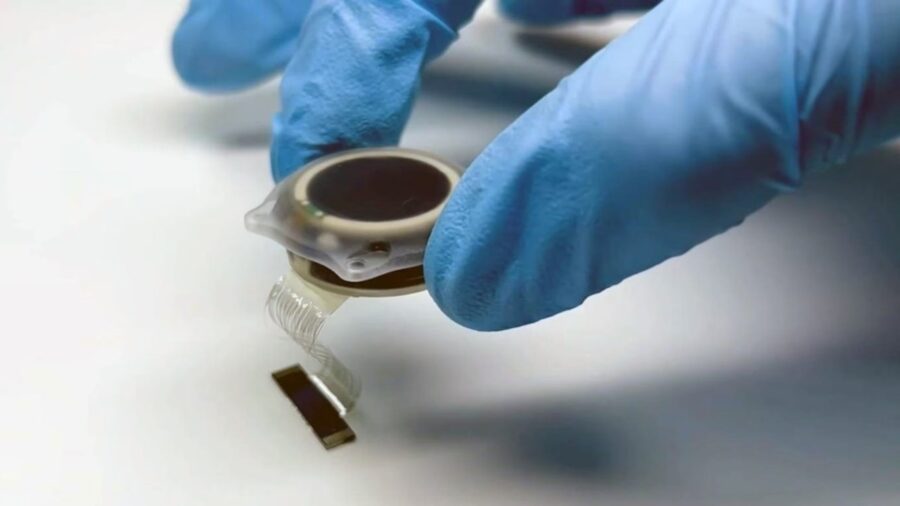
The first human recipient of a Neuralink brain implant has shared his remarkable journey, detailing how the experimental technology has granted him newfound freedom and autonomy. Noland Arbaugh, a 29-year-old quadriplegic, showcased his experience during a live-streamed presentation where he demonstrated controlling digital games and manipulating computer cursors using only his thoughts.
One More Turn Syndrome

Arbaugh, who had lost sensation and mobility from the shoulders down due to a spinal injury eight years ago in a diving accident, volunteered for the Neuralink trial, driven by a desire to be part of something revolutionary. Following the surgery, Arbaugh revealed that the implant allowed him to control a computer cursor effortlessly, describing it as akin to “using the force.” He demonstrated his ability to play games such as chess and Sid Meier’s Civilization 6, expressing his joy at being able to indulge in all-night gaming sessions—a feat previously impossible for him.
“It was worth it, I think is the best way to put it, it was awesome,” Arbaugh remarked regarding his reaction to implanting the Neuralink chip in his brain and reflecting on his newfound ability to immerse himself in gaming independently.
Life-Changing Benefits
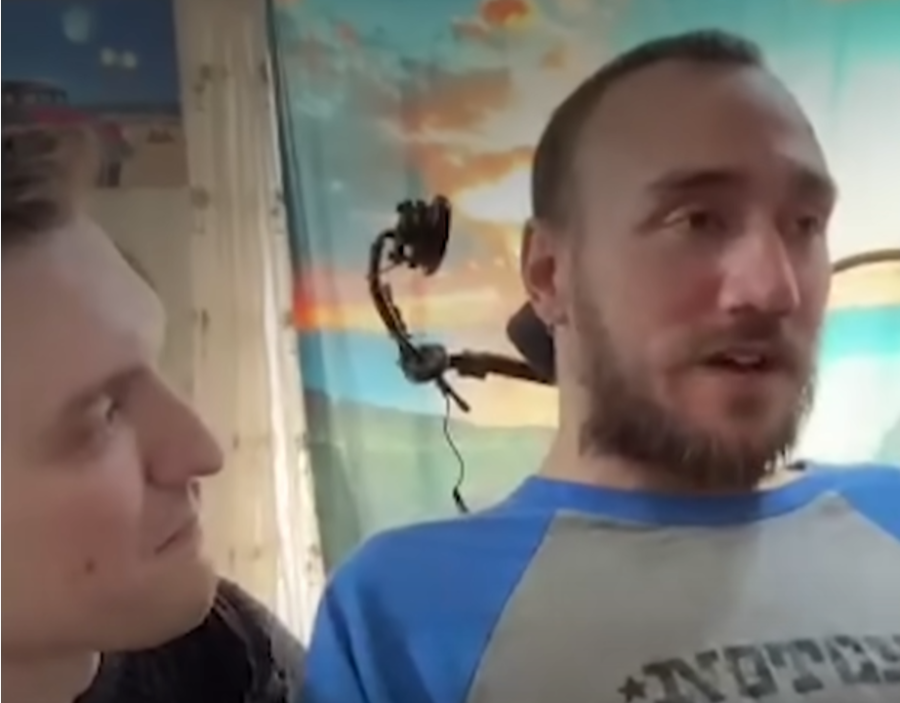
In addition to playing video games, the Neuralink implant has also allowed Arbaugh to pursue more educational endeavors. He disclosed that the implant aided him in learning new languages like French and Japanese and removed barriers to reading. Arbaugh emphasized that despite the life-changing benefits, there are still challenges and improvements to be made with the technology.
Long-Term Goals Of Elon Musk
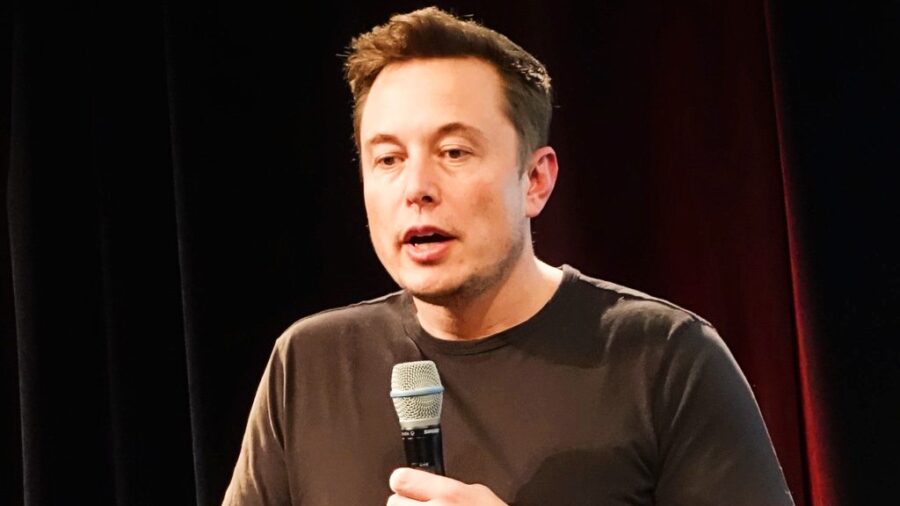
Elon Musk, co-founder of Neuralink, reiterated his ambitious long-term vision for the technology, aiming to restore mobility to paralyzed individuals by bypassing damaged spinal cord sections. The company also explores the possibility of using implants to aid blind patients in vision restoration.
Limitless Potential
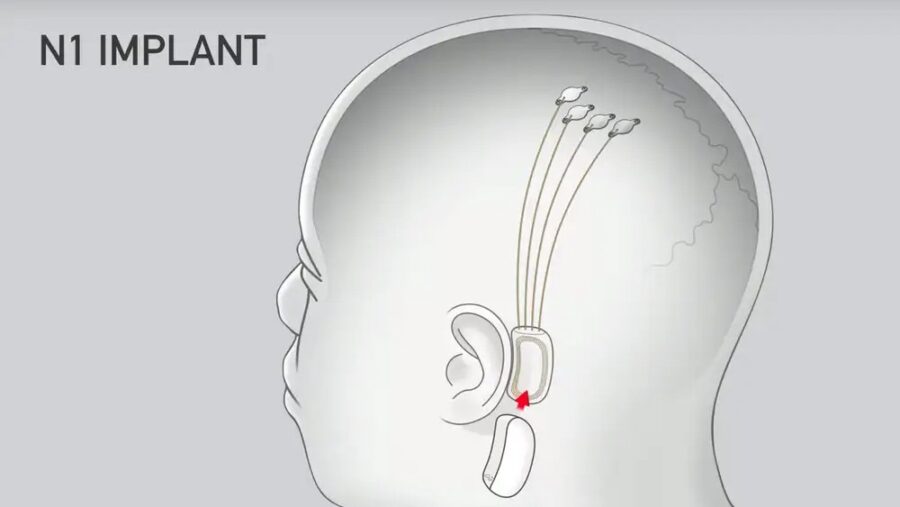
The potential for the Neuralink chip is vast. It offers hope for individuals grappling with neurological disorders such as amyotrophic lateral sclerosis (ALS), multiple sclerosis (MS), or Parkinson’s disease, conditions often characterized by debilitating motor impairments hindering mobility and communication. By circumventing damaged neural pathways, the Neuralink chip could enable communication, navigation, and daily tasks with greater autonomy for those affected.
Furthermore, the chip has the potential to one day help stroke survivors facing motor impairments, speech challenges, or cognitive deficits. The Neuralink chip might aid in rehabilitation endeavors by facilitating motor control, synthesizing speech, or tailoring cognitive training tasks to individual needs.
Groundbreaking Technology
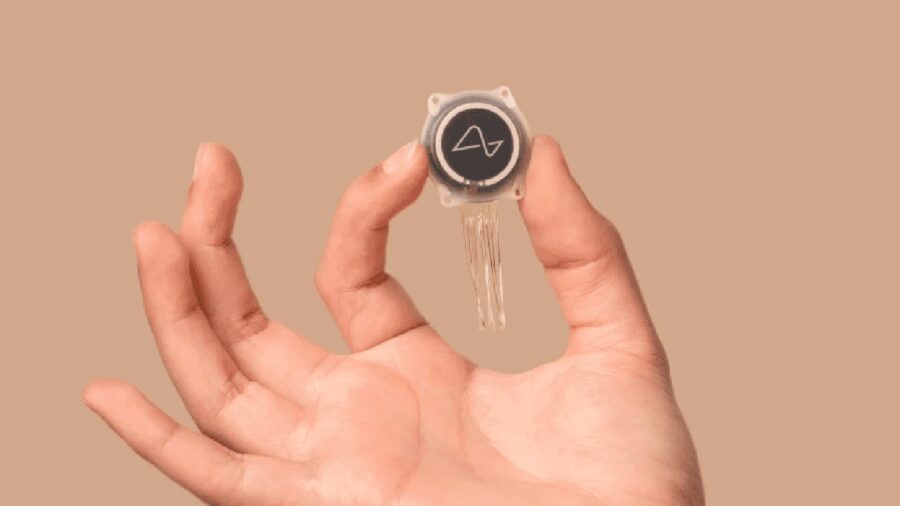
Despite the groundbreaking advancements, Neuralink has faced scrutiny over its animal trials. Reports have highlighted concerns about animal welfare violations, including avoidable deaths during experiments. Neuralink has responded by emphasizing its commitment to ethical trials and has embarked on its first human clinical trial, named the Precise Robotically Implanted Brain-Computer Interface (PRIME) study, with Arbaugh as the inaugural participant.
The clinical trials open up a brand new door to Neuralink’s potential. As scientists begin working with humans, the chip harbors the capacity to propel our comprehension of the brain and its intricate workings forward. Through its capability to record and analyze neural activity instantaneously, the chip stands to offer invaluable revelations regarding brain function, connectivity, and plasticity.
Revolutionize Lives
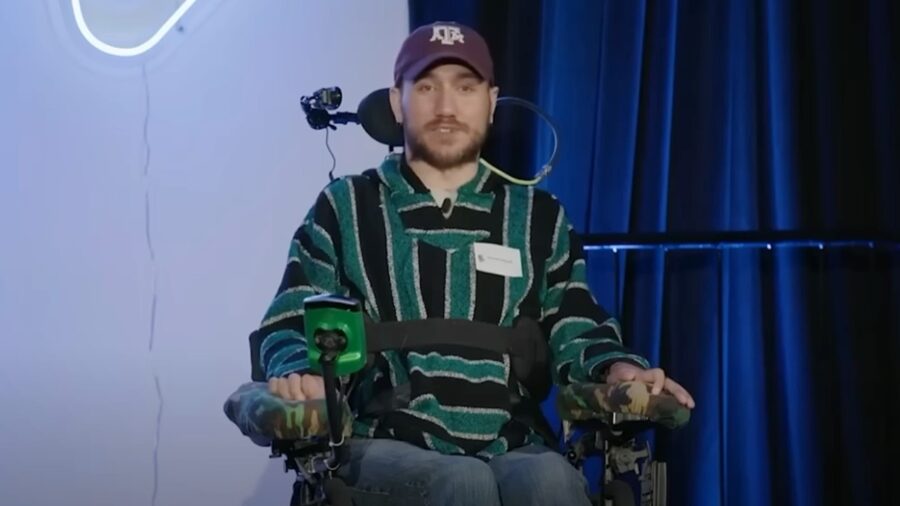
The use of a working Neuralink chip inside a human brain means so much more than an all-night video game session. Arbaugh’s journey showcases the potential of this technology to revolutionize the lives of individuals with disabilities, offering hope for a future where autonomy and independence are within reach for all.
Source: IGN












